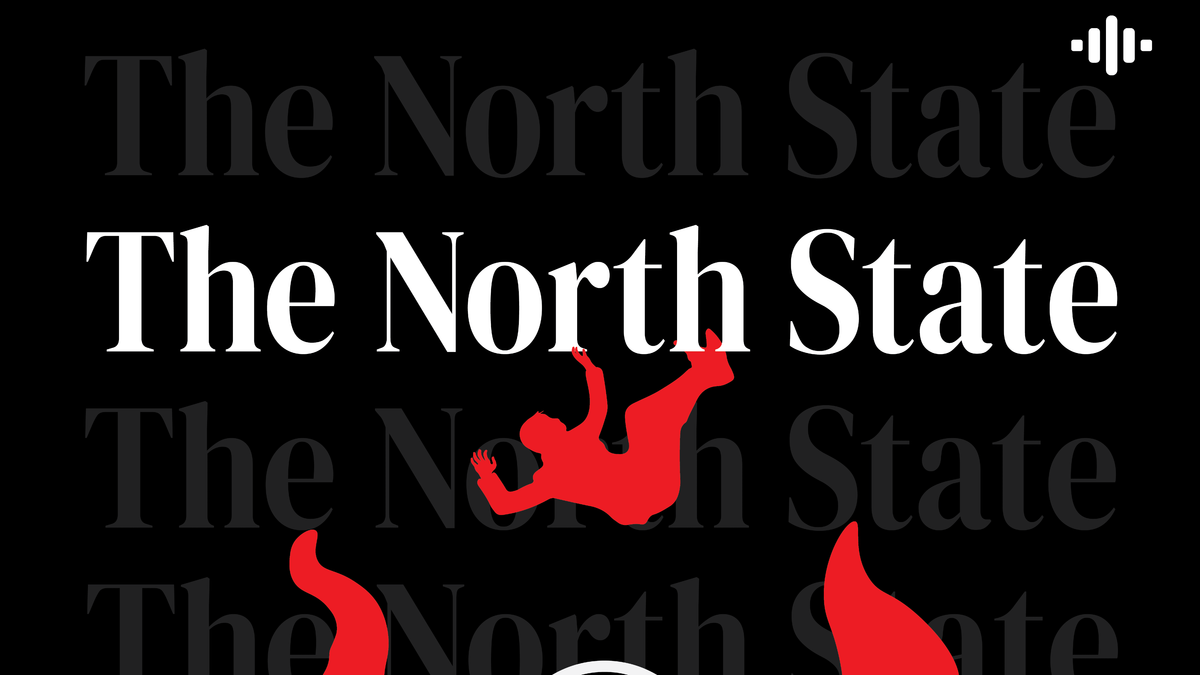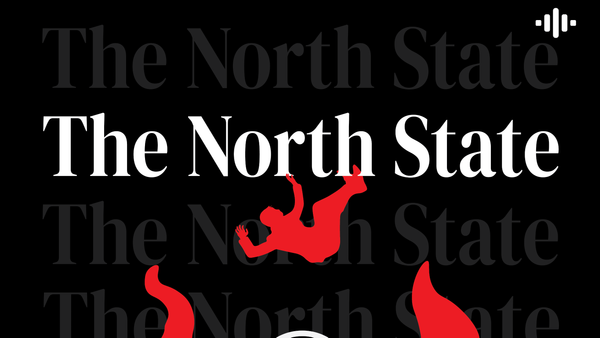Journalism's Free Market Free Fall
Government intervention in journalism funding needs more focus

It's impossible to avoid the topic when discussing the decline of journalism. With the expectation cemented that news articles should be accessed for free online, there's been a steep drop in funding to pay for journalists doing hard work. Remedies have been proposed and implemented to address this drop in liquidity, namely paywalls and sponsored content, but something systemic needed to change. Or... some seemingly systemic change.
Enter the Online News Act. The bill proposed that news outlets that had content shared on big tech platforms should be compensated. Meta, specifically Instagram and Facebook, and Google were the targets of this legislation. If most people get their news from social media, the logic went, then the platforms facilitating that access benefit while the outlets are left in the cold. Results didn't quite mend that problem. Meta banned news from Facebook and Instagram for Canadians. In June of last year, Google reached a settlement with the federal government to pay out $100 million per year (indexed for inflation) to receive an exemption.
That's right, the Act requires making deals with news agencies themselves. By reaching a deal with the federal government to pay out this money, Google is exempt from that requirement.
Google then moved forward with a similar deal in California. They agreed to pay up to $250 million to newsrooms that publish stories accessed by Californians. This deal also bypasses the proposed state bill. I sense a pattern.

But now that the deal has been paid out, the Canadian Journalism Collective released the disclosure list. Now we can see which publications received the money and how much. Smaller organizations like Kawartha Now ($18,059.17) and Peterborough Currents ($5,277.36) are on the list, but, of course, big outlets took the larger payouts of the initial $22 million. The largest payment was to Postmedia, which received just over $4 million. The Globe and Mail Inc. and Metroland Media Group each received around $2 million.
But there have been further problems with the distribution of the money. Indiginews, a crucial Indigenous-owned outlet was denied funding from the CJC.
In an article by Indiginews staff, they explain that the CJC informed them that, since they can't prove they employed journalists in 2023 (the year the first round of funding is based on), they are excluded from payments. They will also be excluded from the next round, which will be based on 2024 staff hours. The company that will receive those funds is Indiginews' former parent company, which the outlet spun off from in January of this year.
Our separation from Discourse Community Publishing was an act of Indigenous sovereignty. The newsroom leaders of IndigiNews never felt right about the fact that our publication — which was created to amplify the stories of Indigenous people — was led by non-Indigenous people... Our new parent company, tâpwêwin media, was founded by — and is entirely governed by — Indigenous women.
Problems extend beyond this needless hair-splitting. In an article by Brishti Basu in J-Source, CJC executive director Sarah Spring explained the qualifications to receive money. "[P]ublications need to produce news that can be looked up on Google, need to have been incorporated by 2023 and have to employ at least two full time equivalent employees with T4s for proof." The amount of money paid to the outlets then relies on the number of employees to reach an amount.
As Basu notes "this criteria means some outlets are getting paid for employees that have since been laid off, some are owned by U.S. companies and two so far have been denied altogether." Indiginews, of course, is one of these outlets (the other is unknown at this time). But as the J-Source article notes, the former parent company of Indiginews has received over $107,000, while the new incarnation lost out on around $56,000.
Finally, and perhaps most importantly, this law does not raise funds for journalists, but for the news companies themselves. Basu notes there is no requirement that businesses spend their funds on digital news operations or hire back laid off workers, only that they're required to spend it on journalists. It's a stark reminder that funds distributed by the CJC are a business subsidy, not a news subsidy.
How the first round of money was delivered by the Online News Act is important, but there was another story that highlighted the current problems facing news funding. Brett McKay, reporting in the Investigative Journalism Foundation, delved into municipal funding structures in Alberta. In short? A once reliable funding stream has disappeared for local newspapers and the door was opened for politicized governments to pressure these outlets.
Alberta's Municipal Government Act (MGA) requires municipalities to advertise "proposed bylaws, resolutions, public hearings and other government business." While this initially included papers, in 2017 the Alberta NDP amended the act to remove newspaper ads from the requirement. Local government announcements once legally required to be placed in newspapers through ad buys were now allowed to shift to Facebook and Twitter posts. The money used to buy these ads is now gone from those papers' revenue streams.
While towns like Olds have passed a bylaw to make up the difference, the genie can't be put back in the bottle. Albertan publisher Murray Elliott said of the municipal government "I'm worried that when they don't like us," they can change the bylaw.
Even still, the truth here is more complicated. A lot of these newspapers are owned by Postmedia, which has notoriously cut costs and laid off employees. April Lindgren, founder of the Local News Research Project and professor emerita at Toronto Metropolitan University School of Journalism, pointed out that organizations that do things like layoffs "aren’t committed to serving the public good." While true, there are very few viable local outlets stepping up in the digital sphere to pick up the slack. It's an unenviable position to be in.

These two stories of funding may seem disparate, but in truth they are deeply connected. Postmedia, the recipient of the largest share of initial payout, also owns a lot of the newspapers in Alberta that are suffering from the loss of mandatory revenue from local governments. At the same time, parent companies, rather than the actual workers, are receiving money from the CJC.
Beyond all this, there's the trend that Google has initiated. They've simply paid for an exemption to the Online News Act, repeating the same tactic in California. Instead of following the law, they have been granted an exemption under favourable conditions. Between complying with the law, and adding another line item to their business expenses, they easily chose the latter. With Meta completely refusing to engage with news in Canada (facing almost no public pressure by the government), it's clear that big tech feels no obligation to play by the rules.
The important thread here is the "free market" approach to fixing news that governments have in general. In the case of Alberta, a steady revenue stream was evaporated with little regard for the tangible effects it would have on local communities. While newspapers may not be the first place people go for news, why not direct the act to pay for online ads with local newspapers? Instead, municipal governments were allowed the cheaper option to post on social media. Bylaws that chose to keep the same agreement have now put news media in a position to be more acquiescent. Importantly, platforms like Facebook have benefited from this amendment.
Meanwhile, when Meta responded to the Online News Act by refusing to host news, the federal government had wistful words, but no action. When the government reached a deal for Google to provide $100 million annually to an agency that would distribute it in a way that excludes outlets like Indiginews, new problems are viewed as mere kinks to be worked out. In the free market, Meta and Google can do what they want. All the while, unmitigated layoffs, inflation, flak and increasing workloads all squeeze those reporters left of the journalism industry. Fixing an entire sector of industry requires far, far more.







